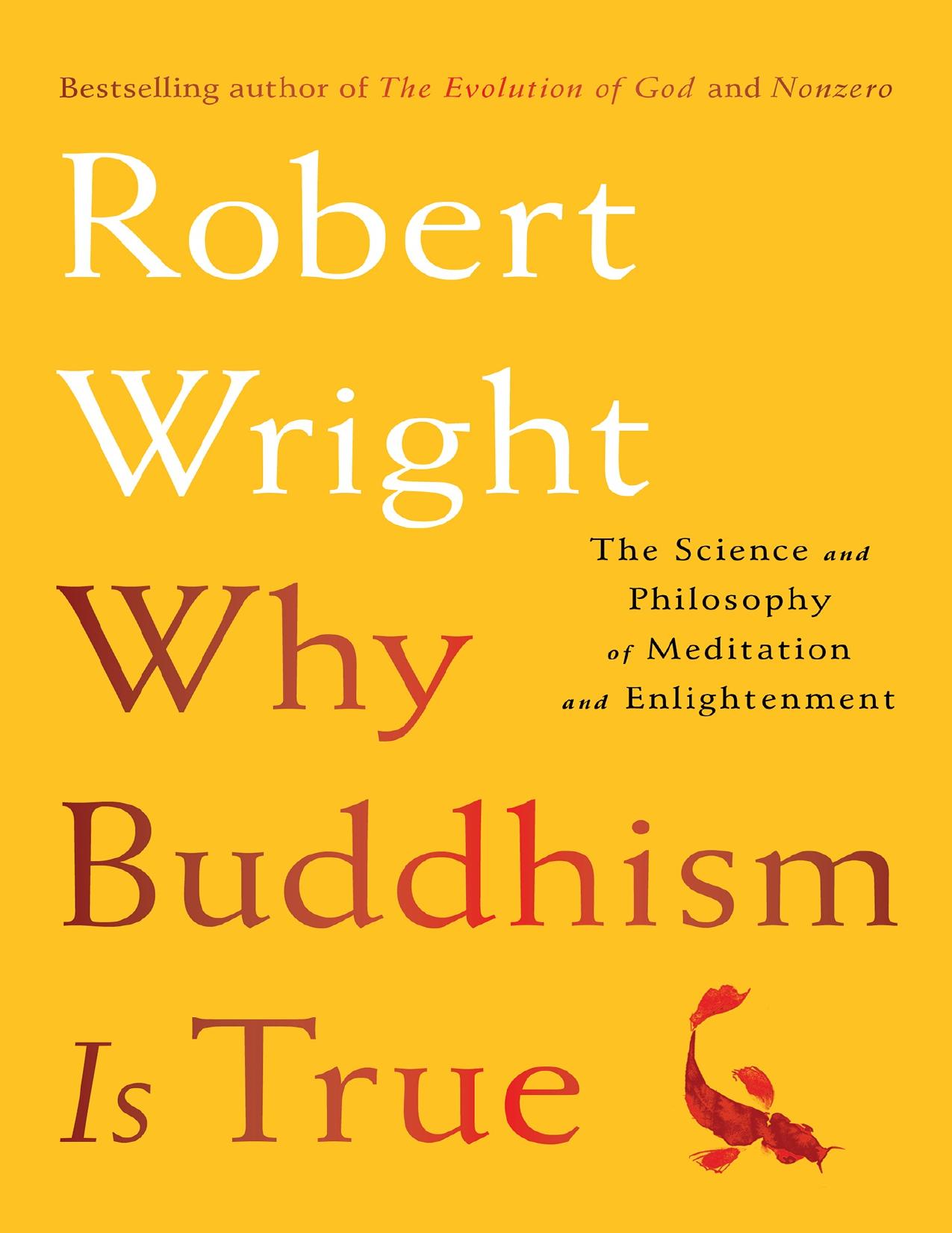Why Buddhism is True: The Science and Philosophy of Meditation and Enlightenment by Robert Wright

Author:Robert Wright [Wright, Robert]
Language: eng
Format: azw3, pdf
Publisher: Simon & Schuster
Published: 2017-08-08T04:00:00+00:00
Feelings and Stories
There’s one other thing that essence seems to be intertwined with: stories. The stories we are told about things, and the stories we tell ourselves about things, influence how we feel about those things and, presumably, thus shape the essence that we sense in them. If the story behind a tape measure is that it belonged to JFK, that implies a different feeling—and a different essence—than the story that the tape measure belongs to a plumber. If we think of ourselves as having a successful marriage and wonderful, thriving children, then the sight of our home probably gives off more positive vibes than if we think of ourselves as trapped in an oppressive marriage that has bred ne’er-do-well kids. And so on.
This is a major theme of Bloom’s: that the stories we tell about things, and thus the beliefs we have about their history and their nature, shape our experience of them, and thus our sense of their essence. One of his favorite examples is a study that involved wine connoisseurs. Forty of them deemed a Bordeaux with a premium label (grand cru classé) worth drinking, but only twelve bestowed that honor on a Bordeaux labeled as mere table wine (vin de table). You’ve probably guessed the punch line: the two kinds of bottles contained one kind of wine.
Wine is an especially clear example of how stories inform our pleasures (“That was a very good year”), but Bloom thinks that, if you look closely enough, every pleasure has a consequential story behind it. He once said to me, “There’s no such thing as a simple pleasure. There’s no such thing as a pleasure that’s untainted by your beliefs about what you’re being pleasured by.” He used food as an example: “If you hand me something and I taste it, part of my knowledge is that it was given to me by someone I trusted, and I would taste it differently than if I found it on the floor, or if I paid a thousand dollars for it. Or take paintings. It’s true that you can look at a painting and not know who painted it . . . and just appreciate it largely based on what it looks like. At the same time, you know it’s a painting.” In other words, he continued, “it’s not a natural occurrence of paint splattered on a wall. . . . Somebody made it at some time for display, and that colors things.” So too, he said, with “the simplest of sensations: an orgasm, drinking water when you’re thirsty, stretching, anything. It’s always under some sort of description. It’s always viewed as an instance of some sort of category.” There is always, in other words, an implied narrative.
The fact that pleasure is shaped by our sense of essence, and thus by the stories we tell and the beliefs we hold, suggests to Bloom that our pleasures are, in a sense, more profound than we may realize. “There is always a depth to pleasure,” he has written.
Download
Why Buddhism is True: The Science and Philosophy of Meditation and Enlightenment by Robert Wright.pdf
This site does not store any files on its server. We only index and link to content provided by other sites. Please contact the content providers to delete copyright contents if any and email us, we'll remove relevant links or contents immediately.
The Way of Zen by Alan W. Watts(6614)
Ego Is the Enemy by Ryan Holiday(5445)
The Art of Happiness by The Dalai Lama(4130)
The Book of Joy by Dalai Lama(3986)
Why Buddhism is True by Robert Wright(3451)
Spark Joy by Marie Kondo(3302)
Shift into Freedom by Loch Kelly(3196)
Happiness by Matthieu Ricard(3046)
A Monk's Guide to a Clean House and Mind by Shoukei Matsumoto(2915)
The Lost Art of Good Conversation by Sakyong Mipham(2654)
The Meaning of the Library by unknow(2571)
The Unfettered Mind: Writings from a Zen Master to a Master Swordsman by Takuan Soho(2311)
The Third Eye by T. Lobsang Rampa(2266)
Anthology by T J(2211)
Red Shambhala by Andrei Znamenski(2199)
The Diamond Cutter by Geshe Michael Roach(2059)
Thoughts Without A Thinker: Psychotherapy from a Buddhist Perspective by Epstein Mark(2025)
Twilight of Idols and Anti-Christ by Friedrich Nietzsche(1893)
Advice Not Given by Mark Epstein(1880)
